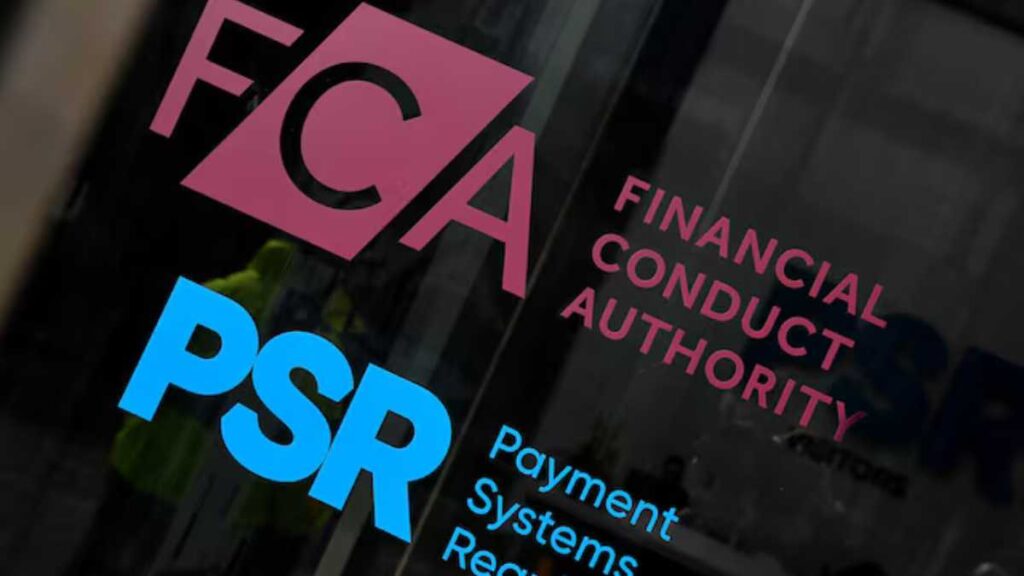The UK payments regulation landscape is undergoing a significant transformation as the government has decided to abolish the Payment Services Regulator (PSR), consolidating its responsibilities under the Financial Conduct Authority (FCA).
This strategic shift aims to streamline regulatory processes, reduce unnecessary bureaucracy, and provide businesses with a single point of contact for compliance matters. With the focus on fostering economic growth, this decision marks a pivotal moment in the evolution of the UK’s financial ecosystem.
A Strategic Move Towards Simplicity
This development aligns with the government’s Plan for Change initiative, which prioritises economic expansion and regulatory efficiency. For years, businesses operating in the payments sector have grappled with overlapping frameworks, leading to wasted resources and operational inefficiencies. By centralising oversight under the FCA, the government seeks to address these challenges and create a more cohesive regulatory environment.
Industry insiders had anticipated this change for some time. In November 2024, Chancellor of the Exchequer Rachel Reeves hinted at the overhaul during a speech at Mansion House in London. Chris Skinner, CEO of The Finanser and a respected fintech analyst, noted that the PSR’s functions often overlapped with those of the FCA, creating confusion and inconsistency.
“The PSR frequently found itself at odds with the FCA,” Skinner remarked. “This overlap created ambiguity in regulation. The National Payments Vision concluded that the FCA should take charge, rendering a separate regulator redundant.”
Following discussions at Mansion House, a consultation process revealed widespread support for a unified regulatory authority. Businesses and financial institutions expressed a clear preference for streamlined oversight, prompting the government to act decisively.
Government’s Rationale for Change
The transition will be implemented gradually to minimise disruption. Until Parliament formalises the legislative changes, the PSR will retain its statutory powers. Prime Minister Keir Starmer criticised previous administrations for relying excessively on regulators, arguing that over-regulation stifled innovation and deterred investment.
“For too long, unchecked regulations have slowed progress,” Starmer stated. “This reform ensures businesses are empowered, not encumbered.”
FCA CEO Nikhil Rathi echoed this sentiment, highlighting the need for a modernised framework to match the evolving payments sector. He assured stakeholders that former PSR experts would integrate into the FCA, enhancing its capacity to regulate effectively.
The Legacy of the PSR
Established to oversee the burgeoning fintech sector, the PSR played a crucial role in managing innovations such as prepaid cards, contactless payments, and e-money institutions. At the time, a dedicated regulatory body was essential to navigate this complex and rapidly growing industry.
However, as digital payments have matured, the government believes a standalone watchdog is no longer necessary. Skinner explained, “The fintech sector has stabilised, and regulation no longer demands a separate entity. This is a natural progression.”
Chancellor Reeves reinforced this view, stating that excessive red tape had become a barrier to growth and investment. “Businesses require the freedom to innovate without being bogged down by bureaucratic hurdles,” she emphasised.
What Lies Ahead?
The government has pledged to continue refining regulatory frameworks to support economic growth. While businesses will still face robust oversight under the FCA, they can expect reduced complexity and clearer guidelines.
Although some stakeholders may express concerns about potential regulatory gaps, the prevailing consensus is that a unified approach will benefit the UK’s fintech and payments sectors. By reducing costs, enhancing clarity, and fostering a business-friendly environment, this transition is poised to drive innovation and investment across the industry.
UK Payments Regulation – Final Thoughts!
So, the abolition of the PSR and the consolidation of its responsibilities under the FCA represent a bold step towards a more efficient and streamlined regulatory system. As the UK continues to position itself as a global leader in fintech, this move underscores its commitment to balancing oversight with opportunity.

